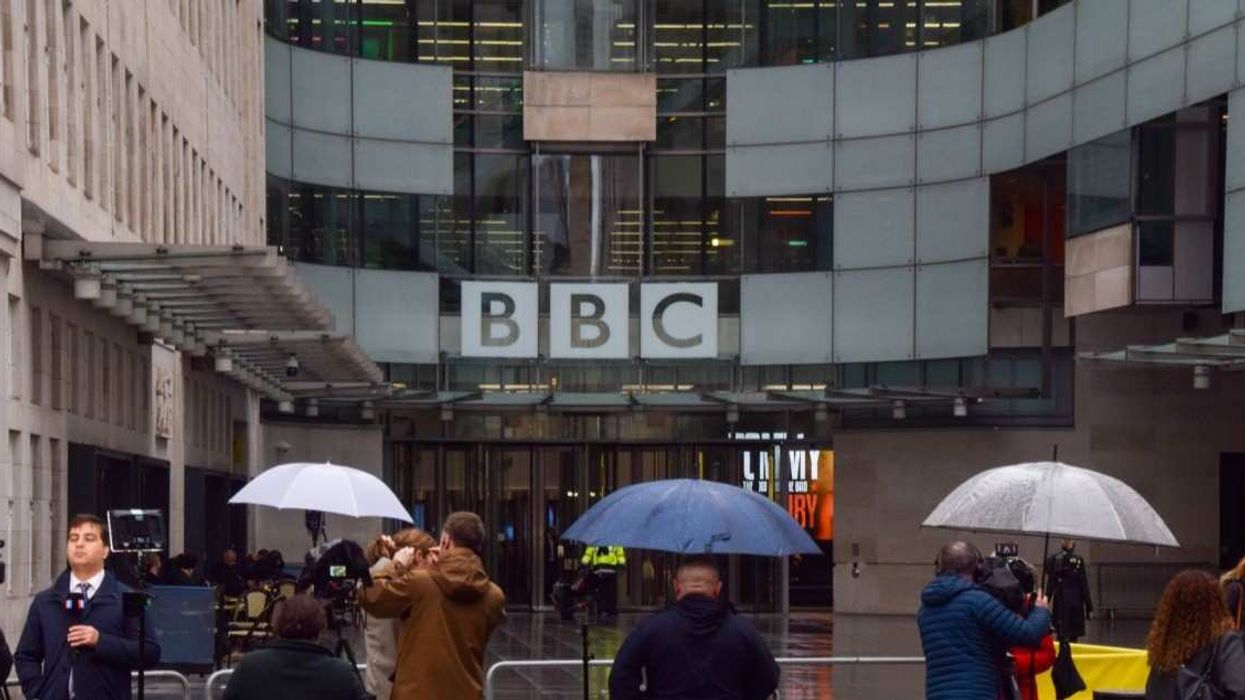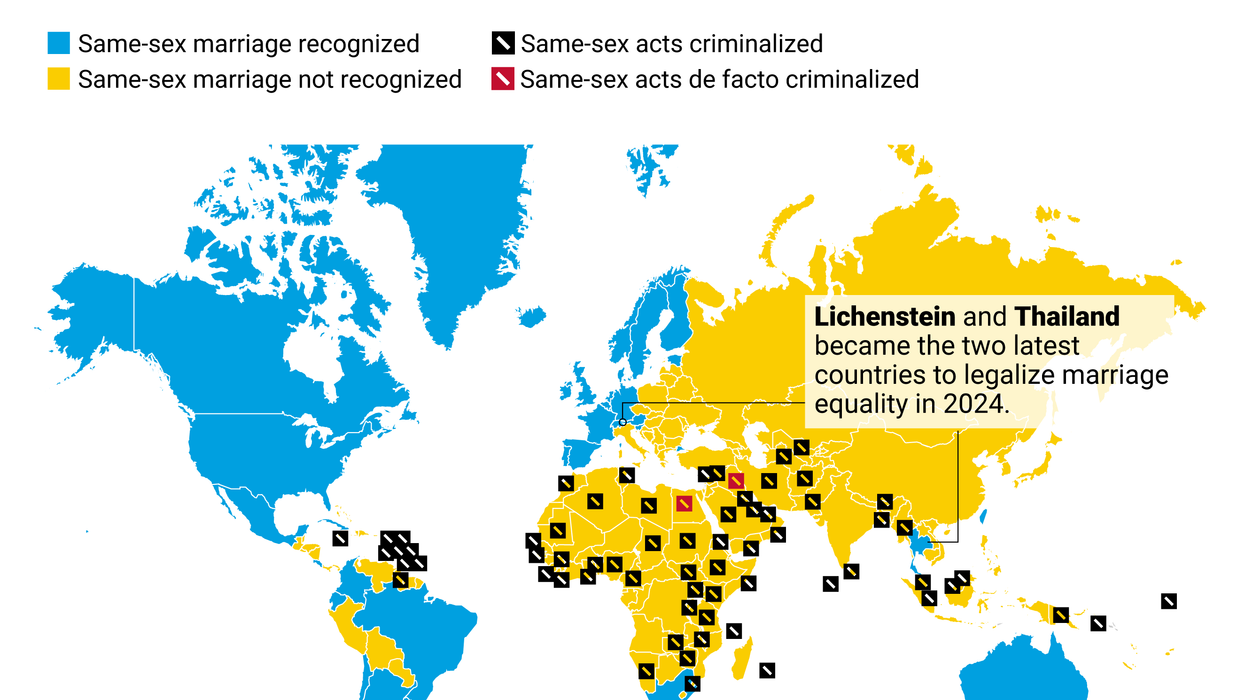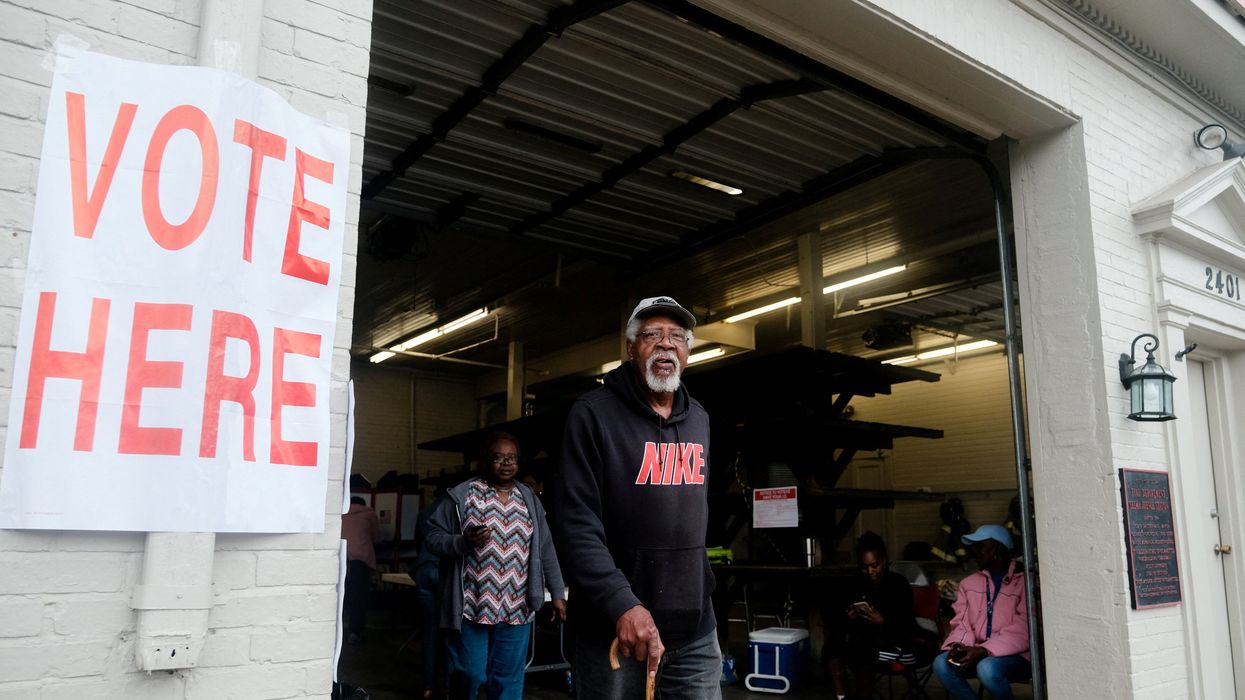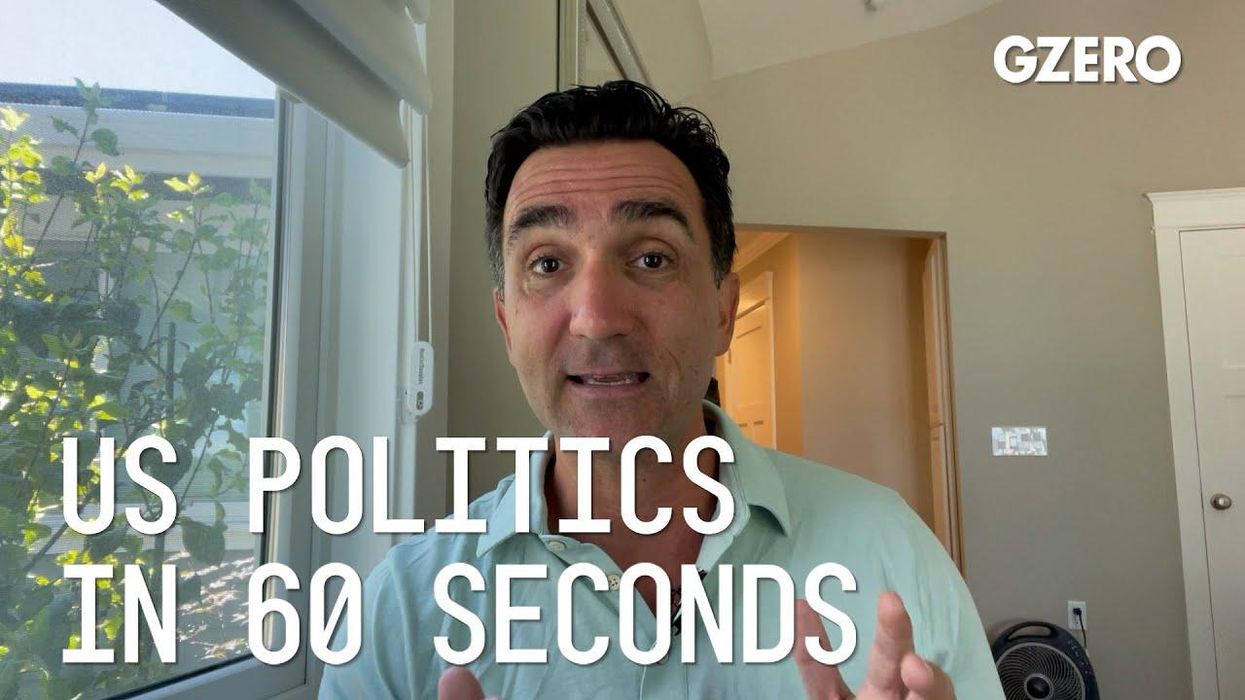Hard Numbers
Hard Numbers: BBC leader resigns over Trump edit, Another typhoon tears through the Philippines, US same-sex marriage isn’t going away, China ends some export controls
+26: Two BBC leaders, Director-General Tim Davie and BBC News Head Deborah Turness, resigned on Sunday after it emerged that the British news organization edited footage of US President Donald Trump in a misleading fashion.
Nov 10, 2025








